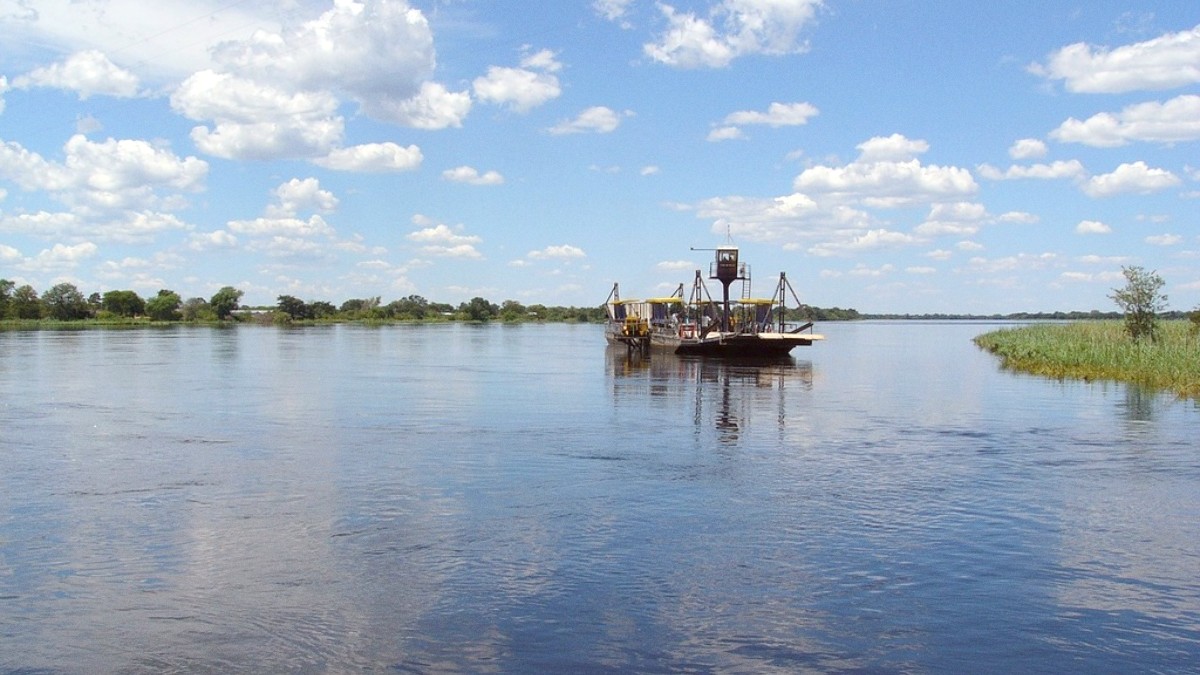
Botswana
Maun serves as the logistical hub for Okavango Delta safaris. It has guesthouses, shops, banks, and vehicle rentals. Most visitors stop here before or after their Delta adventure.
Arrange day trips from Maun into Moremi Game Reserve or for short mokoro excursions. Independent travel involves renting a 4x4 and hiring a guide; local tour operators simplify arrangements.
Botswana's natural wonders extend beyond the Delta, featuring other spectacular landscapes.
Chobe National Park, situated north of the Okavango Delta, is celebrated for its vast elephant herds, among Africa's largest concentrations. River safaris along the Chobe River and land-based game drives are experiences.
Direct cultural excursions from remote Delta camps are limited, but some opportunities exist on the periphery. Khwai Village, on the border of Moremi Game Reserve (Khwai Concession), welcomes community visits. These visits share local life and the conservation initiatives of the Khwai Community Trust.
Explore the Okavango Delta's vast ecosystem and complementary nearby attractions.
One of Africa's largest protected areas, this reserve encompasses a remote and untouched wilderness in the heart of the Kalahari Desert. Known for its vast open plains, black-maned lions, and the heritage of the San Bushman people.
Access mainly by light aircraft or challenging 4x4 self-drive. Roads are difficult. Allow minimum 2-3 nights to appreciate its remoteness and unique wildlife.
Choosing a specialist safari operator simplifies complex logistics and secures prime experiences across Botswana's diverse landscapes.
The Delta, an UNESCO World Heritage Site, offers an unparalleled natural escape, with its intricate waterways and abundant wildlife. It forms a vast inland delta, a ecosystem.
The Delta features diverse habitats, from permanent swamps to seasonal floodplains and dry islands, supporting a wide array of flora and fauna. Each area provides a different viewing experience.
Maun, the gateway to the Delta, offers essential services for travelers.
Staying connected in the Okavango Delta presents challenges outside of Maun. In Maun, local SIM cards and Wi-Fi are available.
Politeness is highly valued in Setswana culture. A handshake is common, and using Setswana greetings shows respect.
Respectful interaction with local communities is a cornerstone of responsible travel. Modest attire is appreciated outside of safari camps.
Be mindful of privacy. Do not treat people as subjects for a photo opportunity without their consent. Avoid political discussions unless invited.
Infrastructure for travelers with mobility challenges is very limited in the Okavango Delta. Safari camps are typically not designed with universal wheelchair access.
The remote nature of safari camps, reliance on light aircraft, and use of specialized safari vehicles (often requiring stepping up/down) present significant challenges. Uneven terrain, soft sand, and natural pathways are common.
Few specific accessible attractions are available. No specialized services are widely available for travelers with visual or hearing impairments. Guides may provide verbal descriptions, but interpreters are not.